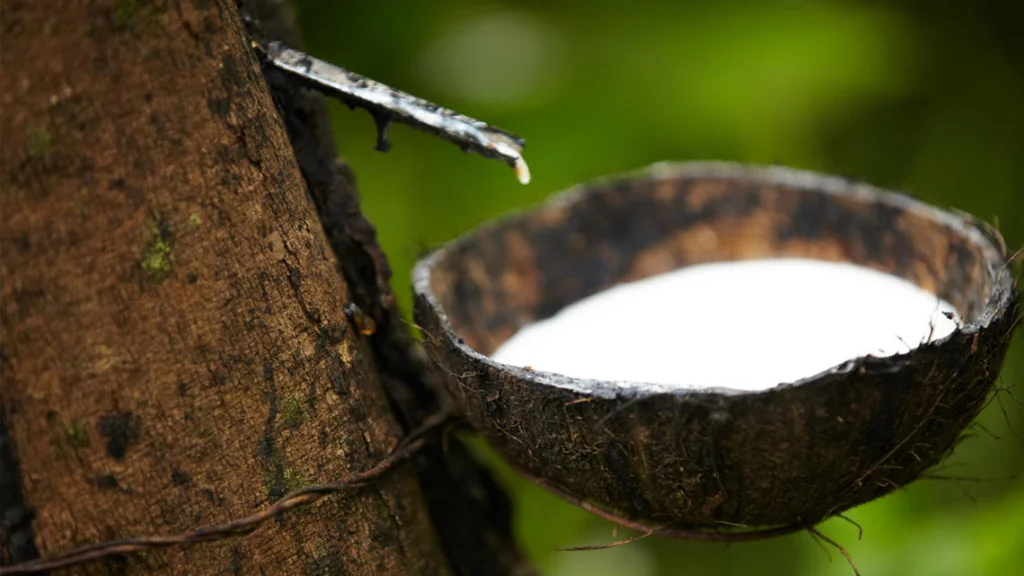Singapore, 25 October 2018: Today, natural rubber stakeholders convened for the ceremonial launch of an independent platform to lead improvements in the socio-economic and environmental performance of the natural rubber value chain.
Stakeholders including tire manufacturers, other rubber users, suppliers and processors, vehicle makers and NGOs, contributed to the development of the Global Platform for Sustainable Natural Rubber (GPSNR). This included alignment on a wide-reaching set of priorities for the natural rubber supply chain. The GPSNR will work to harmonize standards to improve respect for human rights, prevent land-grabbing and deforestation, protect biodiversity and water resources, improve yields, and increase supply chain transparency and traceability.
Development of the platform was initiated by the CEOs of the World Business Council for Sustainable Development (WBCSD) Tire Industry Project (TIP) in November 2017 and has since been led by a Working Group of TIP member companies. TIP members continue to work to ensure the sustainable production and supply of natural rubber, and in joining the platform they commit to be able to demonstrate the integration of principles for sustainable natural rubber into their purchasing and/or operational activities. The GPSNR is open to applications for membership from other natural rubber stakeholders.
Speaking at the launch Peter Bakker, President and CEO of WBCSD said “The tire industry consumes around 70 percent of natural rubber and demand is growing. This throws into sharp relief the social, economic and environmental opportunities associated with this important commodity. The GPSNR will consider the people, communities and natural resources touched by natural rubber production and supply – they all stand to benefit from the creation and adoption of sustainable and responsible practices.”
The ceremonial launch included the signing of a GPSNR Member Statement by the 11 members of TIP, and Ford Motor Company, Halcyon Agri Corporation Limited, ITOCHU Corporation, Kirana Megatara, SIPEF, The Socfin Group, and Southland Global PTE Ltd.
Bakker praised the efforts of founding and prospective GPSNR members in bringing the platform to launch, adding “This spirit of collaboration will define the actions of the platform going forward – there is strength in diversity, and the various interests and expertise within the GPSNR can deliver a truly sustainable natural rubber supply chain.”
The WBCSD’s TIP spearheaded development of the GPSNR and will financially support the platform during start-up and its first two years of operation – a level of support necessary to ensure basic operations while a paying membership base is established. Despite industry backing the GPSNR will maintain its independence, underlined Anne-Cécile Remont, Director WBCSD TIP– “Once officially launched, the platform will be independently managed, with governance and decision making overseen by a representative group of stakeholders.”
Building upon past work, in developing the platform, a review of comparable supply chain sustainability initiatives, including natural rubber, revealed that meaningful change was best achieved through the mainstreaming of good practices and this was central to discussions around the GPSNR’s governance structure, explained Remont. “Successful mainstreaming requires actionable commitment from the entire supply chain. Best results are found where the various contributions of stakeholder groups are relative to their ownership of supply chain opportunities, their relevant expertise and their capacity to implement meaningful change,” she said.
To be headquartered in Singapore, a dedicated GPSNR secretariat will kick-off operations in March 2019 with an inaugural GPSNR General Assembly.

